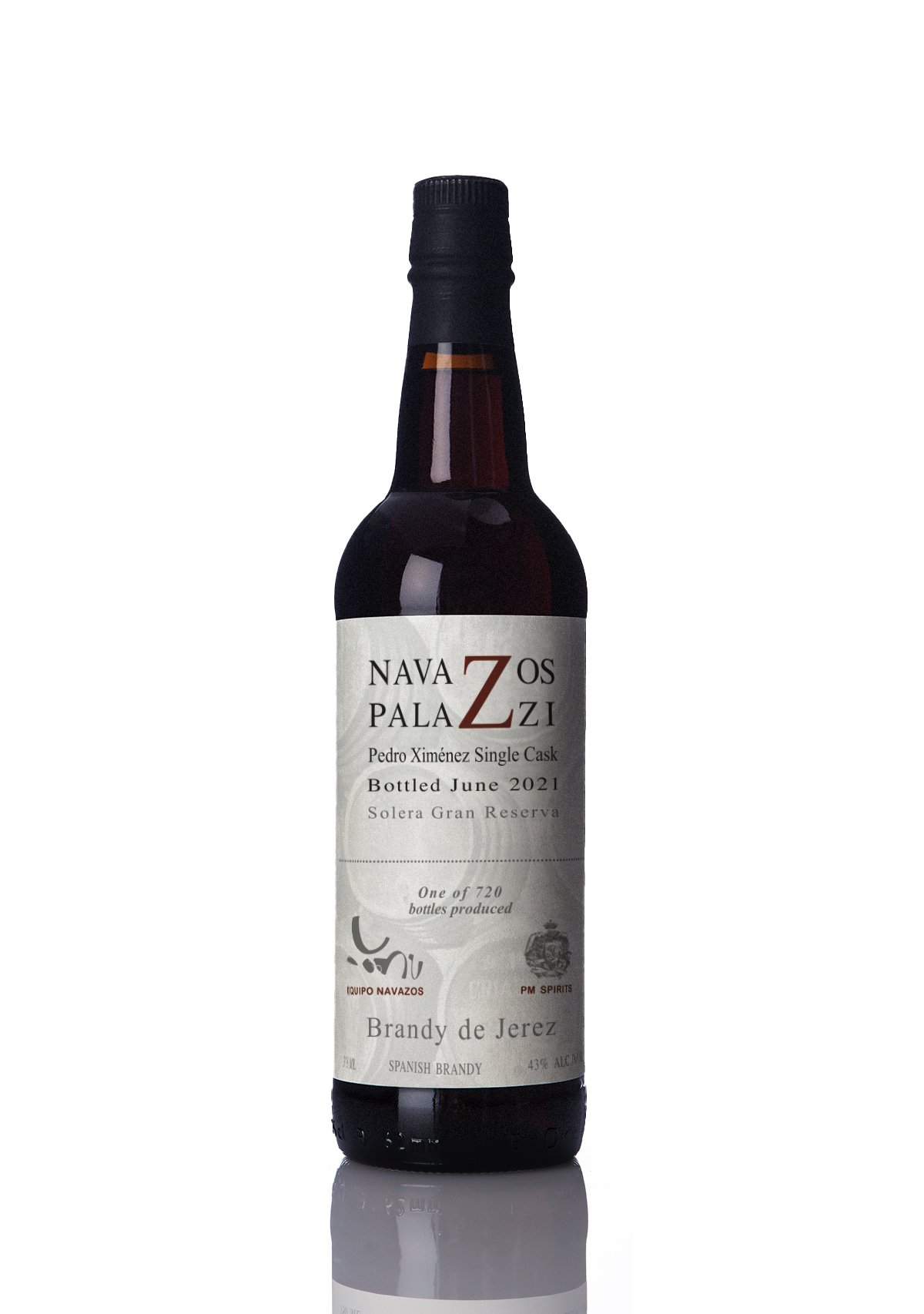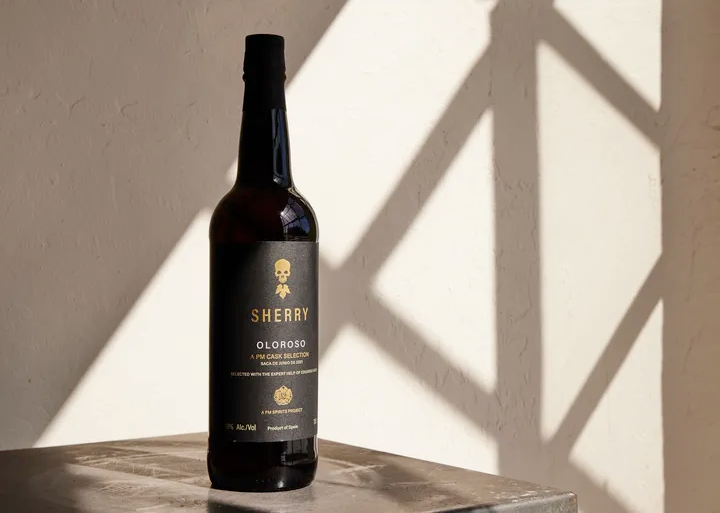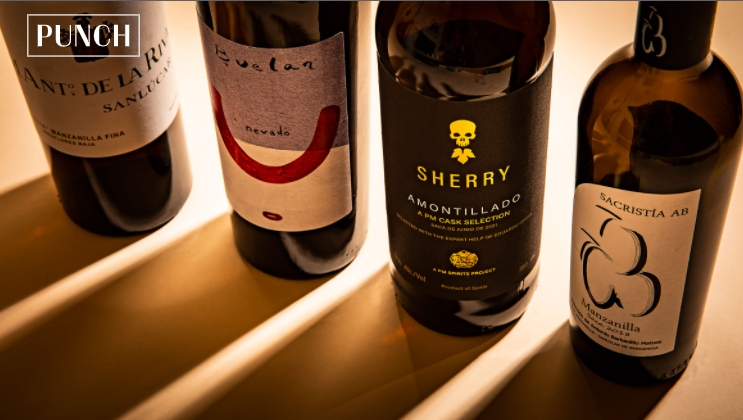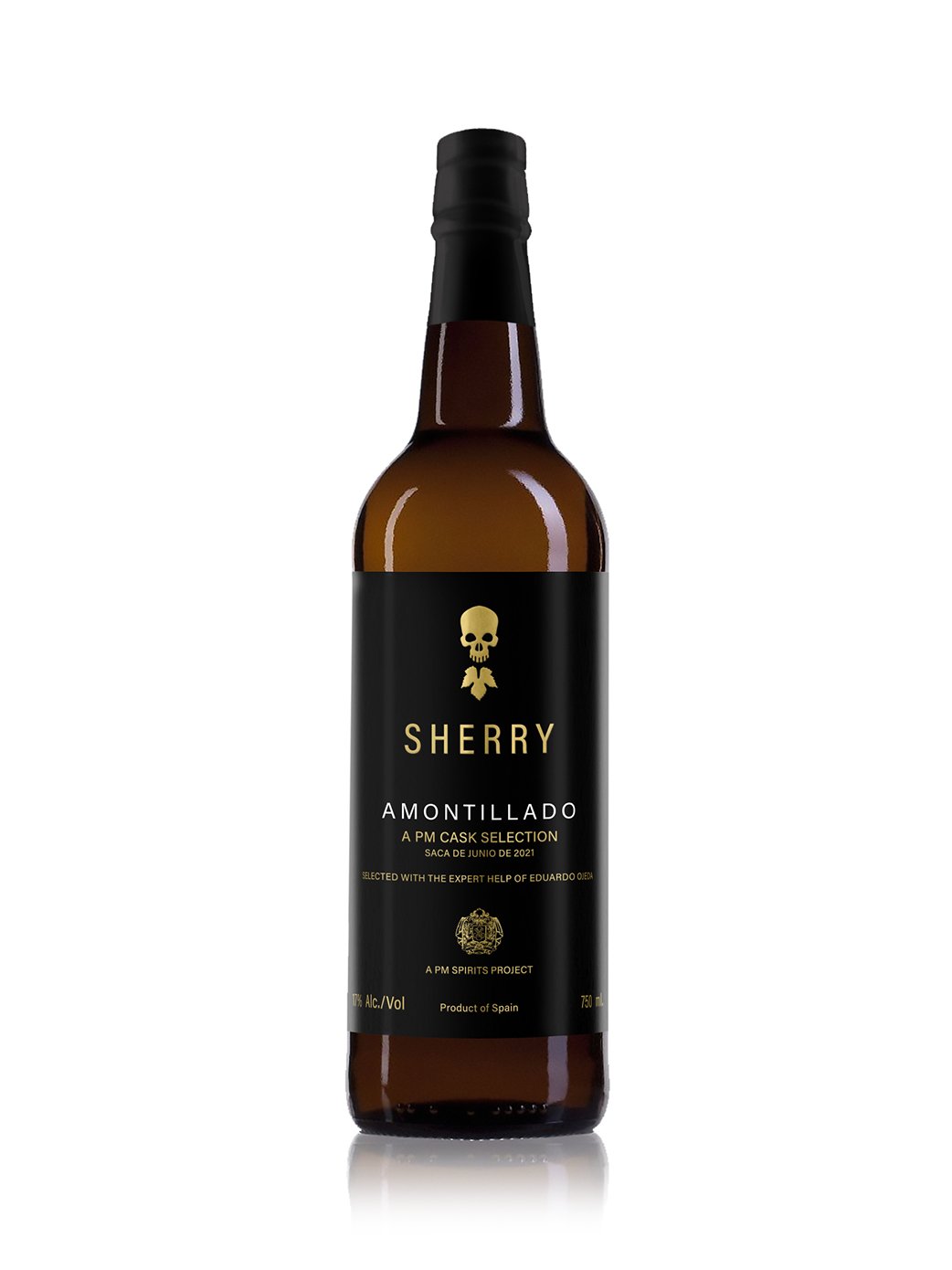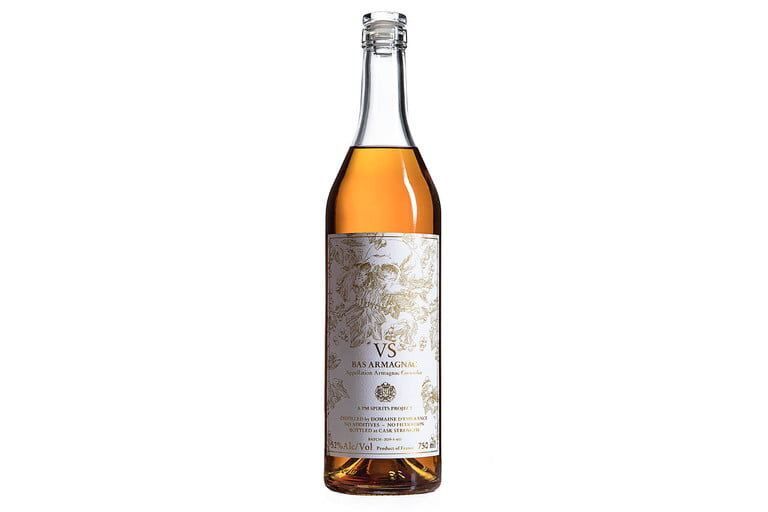A growing number of independent bottlers is aiming to showcase a more nuanced, variable side to fino, manzanilla and more.
There’s no single origin point for the modern sherry renaissance, but the aged cask of amontillado that Eduardo Ojeda and Jesús Barquín of Equipo Navazos bottled in December 2005 would be a solid place to start.
Like so many examples of its kind, the wine had been forgotten for decades in a dusty bodega, where it would have continued to slumber if not for the private club of investors, organized by Ojeda and Barquín, who pooled together the funds to rescue it from oblivion. Titled “La Bota de Amontillado” (after the Edgar Allen Poe story) and shared exclusively among club members, that initial release gave birth to a series of chronologically numbered editions. Hype quickly followed, and in April 2007 the project released its first commercial effort: La Bota de Palo Cortado No. 6.
It may come as a surprise that one of the driving forces behind the current sherry revival basically started off as a Kickstarter campaign. But according to Peter Liem, sherry expert and co-author (along with Barquín) of Sherry, Manzanilla & Montilla: A Guide to the Traditional Wines of Andalucía, few were interested in purchasing, let alone marketing, these wines. “The only reason that all these old wines still existed is that nobody wanted them,” he explains, citing the economic collapse and fall from relevance that decimated the sherry industry toward the end of the 20th century.
More than 100 “Botas” later (as of 2022, the library consists of 107), the project has redefined sherry for many U.S. drinkers. As Liem puts it, “They opened our eyes to the fact that something completely different existed in this region, which nobody was talking about.” That alone would have been enough to secure Equipo Navazos’ lasting place in the zeitgeist. But in recent years, their success has paved the way for a new set of independent bottlers who are following a similar playbook, sourcing minuscule quantities of wine from bodegas across the Sherry Triangle.
Some are Jerez natives, such as Antonio Barbadillo Mateos of the Sacristía AB project, and Ramiro Ibáñez and Willy Pérez, the duo behind the resurrected M. Antonio de la Riva label. Others, including Nicolas Palazzi of PM Spirits and Buelan Compañía de Sacas’ Nick Africano, operate out of the United States. They are united not only in their rejection of sherry as a standardized, industrial wine, but also in their desire to carve out a more intimate model for the region.
…
For Nicolas Palazzi, owner of rare spirits distributor PM Spirits, the collection of sherries he released late last year signaled a case study in sherry’s diversity. Since 2012, Palazzi has partnered with Equipo Navazos to bottle a series of highly-coveted single-cask Spanish brandy, whisky and rum under their Navazos Palazzi label. Even as someone who makes his living importing small-batch spirits, Palazzi was struck by the enormous variation between barrels in a single sherry solera system. “When you’re sampling different casks of spirits, a lot of the time you will find some small differences, but if it’s the same run, put in the same type of cask and aged in the same place for the same amount of time, the stuff you get is going to be pretty similar,” he explains. “But with sherry, it’s mind-bending. You can taste four different casks of the same exact wine and they’re all vastly different.”
“I saw a gap in the market for serious wines from this region, since everyone thought of manzanilla as something cheap, relatively young and accessible.”
In a typical bottling process, the solera would absorb and assimilate the individual profiles of these casks, rounding out their wayward edges into a smooth and seamless whole. At the scale that Palazzi describes, however, the goal is to capture the unique personality of a single barrel, or the distinctions that exist from one barrel to the next. “It sounds like a cliché, but these casks are living things,” Palazzi says.
New bottlers like Palazzi have arrived in Jerez at an inflection point. For all the recent talk of a renaissance, sherry remains a niche category. And while the cult model adopted by Equipo Navazos and its descendants has ushered in a new era of critical appreciation for the region’s finest wines, that’s not enough to sustain an entire wine industry. The question on everyone’s minds, then, is: What’s next?
INDIE SHERRIES TO TRY
PM Spirits Amontillado
“Selected with the expert help of Eduardo Ojeda,” as its label proudly declares, the PM Spirits amontillado drinks noticeably brighter and fresher than many examples of the genre, happily embracing its inner fino with a pronounced flor character. Although the packaging doesn’t mention where it was sourced, Palazzi notes that the wine came from several casks belonging to a prominent bodega with roots in the late 19th century. Light amber in the glass, it’s energetic and lively, especially for the style—as close to easy-drinking as amontillado gets.

